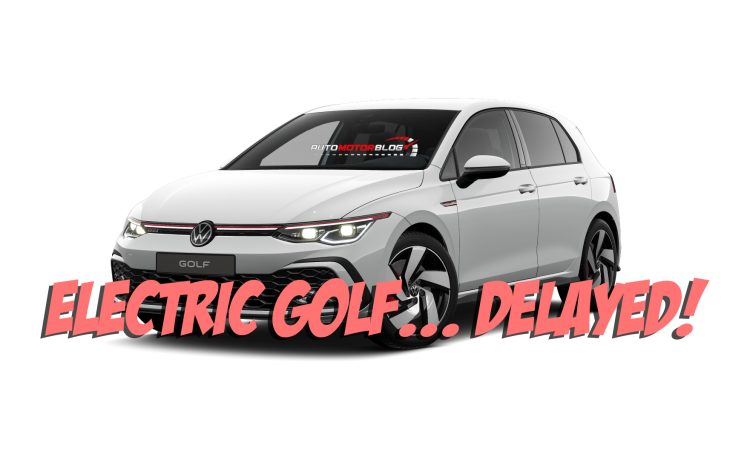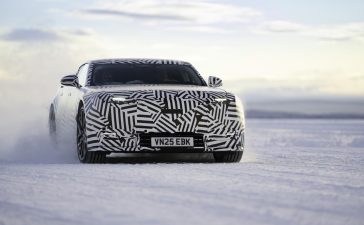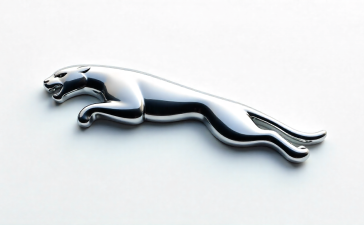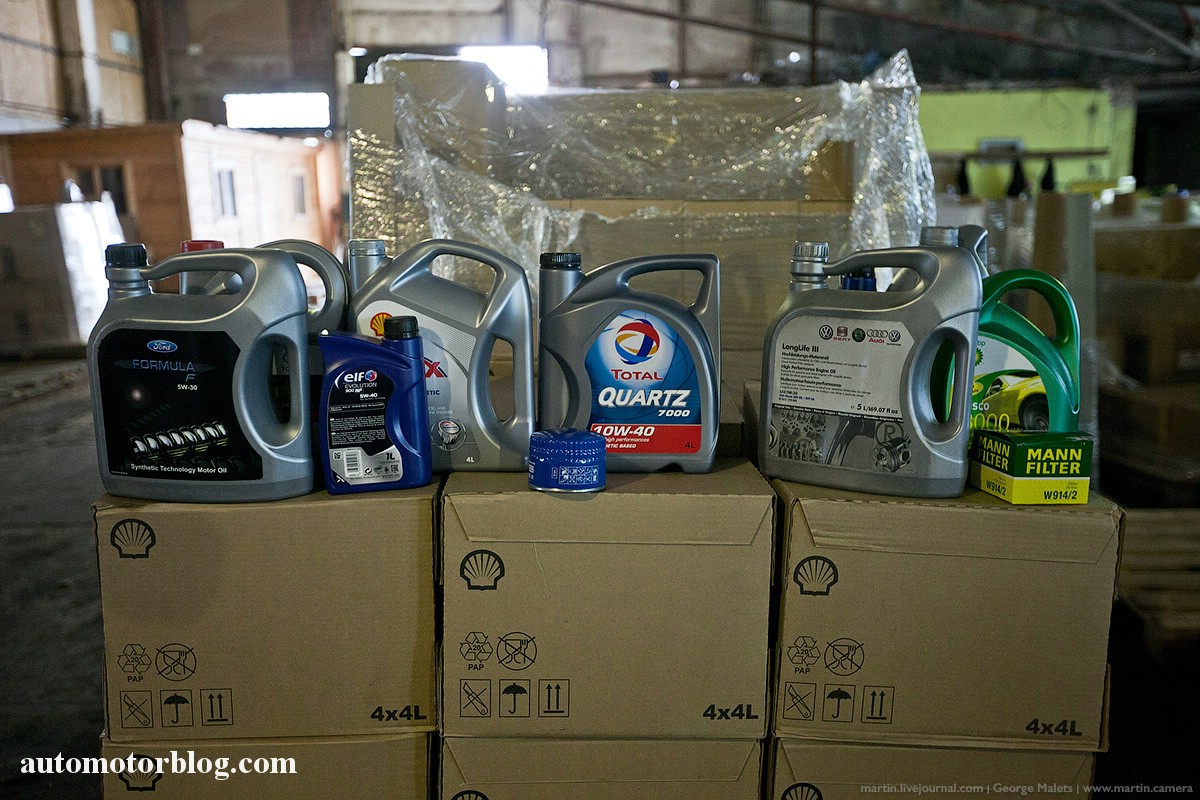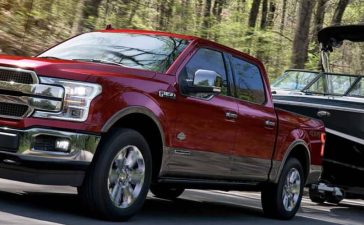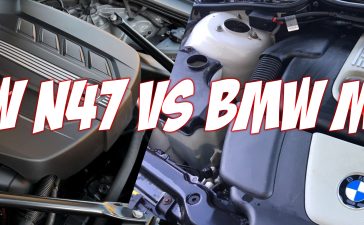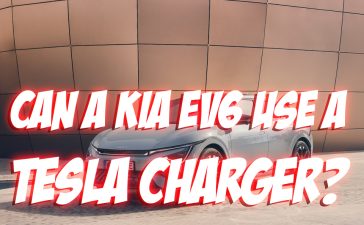WOLFSBURG, Germany: Volkswagen has delayed the release of its first all-electric Golf. An internal cost scrutiny in the core of its production system has caused the automaker to delay its release of the compact-car brand, which is part of its compact-car strategy.
A series of new-media announcements states that VW has resolved to postpone the launch of the next generation of the Golf, the Golf 9, by about 9 months. The case revolves around the fact that the retooling of the Wolfsburg plant, the flagship factory owned by the company, towards the manufacturing of electric vehicles (EVs) would be expensive. Although the delay may appear as a minor adjustment in the schedule, it comes as an indicator of a larger re-evaluation of the approach to the implementation of an electrified future at VW.
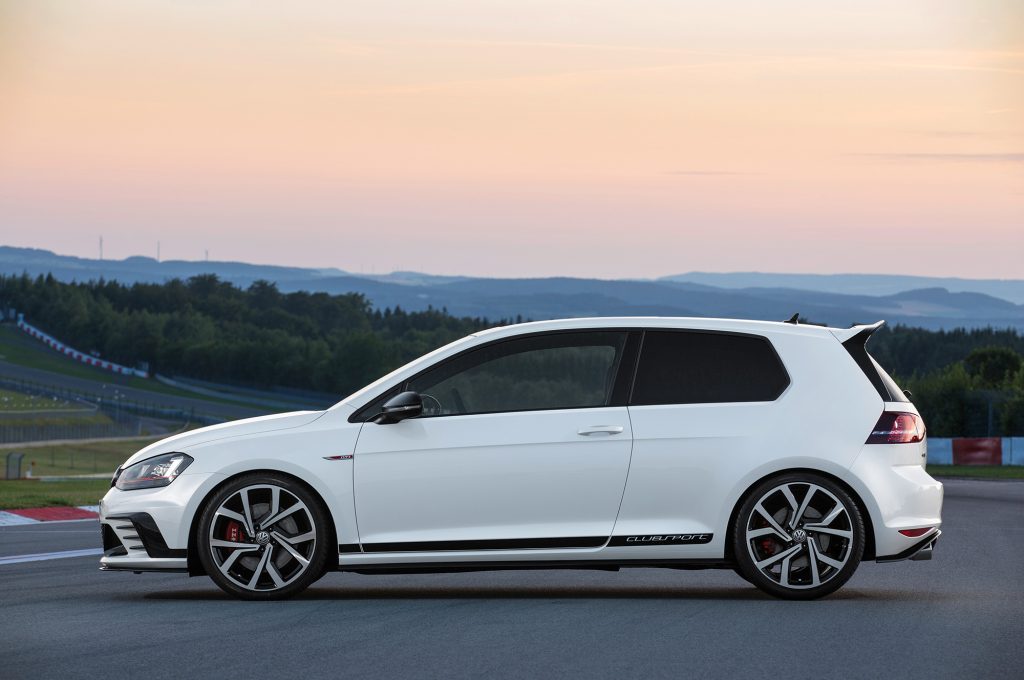
A Timing Tussle
Golf 9 was initially planned to be released on the road in 2029, which is the first all-electric version of the model. This schedule was put in the background of an already existing combustion-engine (ICE) Golf that is likely to remain in production until the mid-next decade. In the meantime, there were plans to move the production of the ICE Golf to a factory in Mexico starting in the year 2027, leaving the production plant at Wolfsburg to concentrate on electrification.
The delay has already hurt the launch plans with the arrival of the Golf 9 that is only four years away, according to sources knowledgeable about the discussion and who requested anonymity. The new launch date has shifted to late 2029 or early 2030, further shifting when the compact-size brand is to be electrified.
Cost‑Control at Wolfsburg
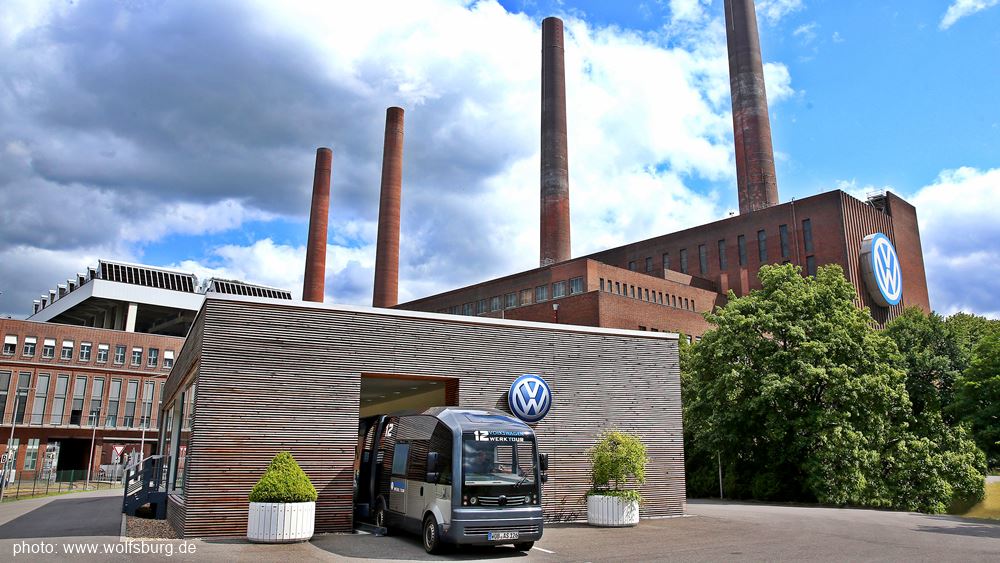
The very essence of the delay lies in the cost issues of re-equipping the Wolfsburg plant, which can be regarded as the key figure in the VW production chain. Whereas the brand has been building its electric-vehicle capacities over the recent years, the logistics and financial expense to move a complete line of ICE cars into battery-powered automobiles can be astounding.
The process of re-outfitting a plant of that size does not simply entail new machinery but constitutes a massive redesign of assembly lines, safety measures, and changes to the supply chain, as the senior VW engineer interviewed by the press put it. The financial cost of it is huge, to say the least, considering the opportunity cost of the constrained production during the transition.
The production difficulties with retooling are enhanced by recent equipment breakdowns at Wolfsburg. Cases have been reported of constant downtime that has caused assembly-line shutdowns, which have stalled production at a rate that can reduce output by about 1,000 vehicles per week until the end of the year. These technical hiccups have only added pressure to the budgets of the company.
The move that delayed the electric Golf has created a domino effect. Among the most direct ones is the delay in the relocation of the current-generation Golf to Mexico. As a shift was planned to occur in 2027 to release Wolfsburg to become electrified, the new schedule now delays the shift, constraining the production schedule of VW in various models.
Besides, the release of the electric VW T-Roc has been postponed as well. A smaller SUV, the T-Roc, which has been a successful model in recent years, is to receive an all-electric model in the near future. This roadmap shows that the electrification implementation at VW may be centralized in a way that it falls in line with the capacities of the plant and cost organization.
A New Budget Blueprint
To overcome these obstacles, Volkswagen is currently preparing a new budget plan that will be used to run its business between 2026 and 2030. The blueprint is likely to map out updated capital allocation on electrification projects and plans on how production throughput should be managed due to the problems of equipment reliability.
A spokesperson of VW said that it is re-evaluating its entire investment strategy within the next five years. It aims at making our electrification roadmap financially sustainable as well as aligned with our long-term production objectives.
Industry Reactions
The automotive industry is following with bated breath. Analysts point to the fact that the delay on the part of VW may change the competitive dynamics within the compact-car market, as competitors such as Hyundai, Kia, and Skoda speed up with electric cars. In the meantime, battery components and high-voltage electronics suppliers are expected to spill over the impact of a delayed launch, as demand for their products may not rise until the new timeline is solidified.
Such delays do not occur in isolation within the EV change. The trick will be to continue the momentum of the same since VW has less than a year before the targets of the 2030 Paris Climate Agreement take effect.
Looking Ahead
Although the wait of nine months can be disappointing to those who are excited to witness an electric Golf, it will also give Volkswagen some time to figure out its production approach so that when the new model comes about, it is accompanied by the quality and performance that this brand has earned. The difficulty is now on the cost factor and the need to hasten the process of electrification, and how to strike a balance between the two, a balancing process that will set the stage for the next chapter in the long history of the Golf.
With Volkswagen still walking the fine line of plant retooling, budget planning, and supply-chain management, the automotive world will be keen to know whether the brand will be able to transform such delays into a better and more sustainable launch of its future-proofed Golf.


